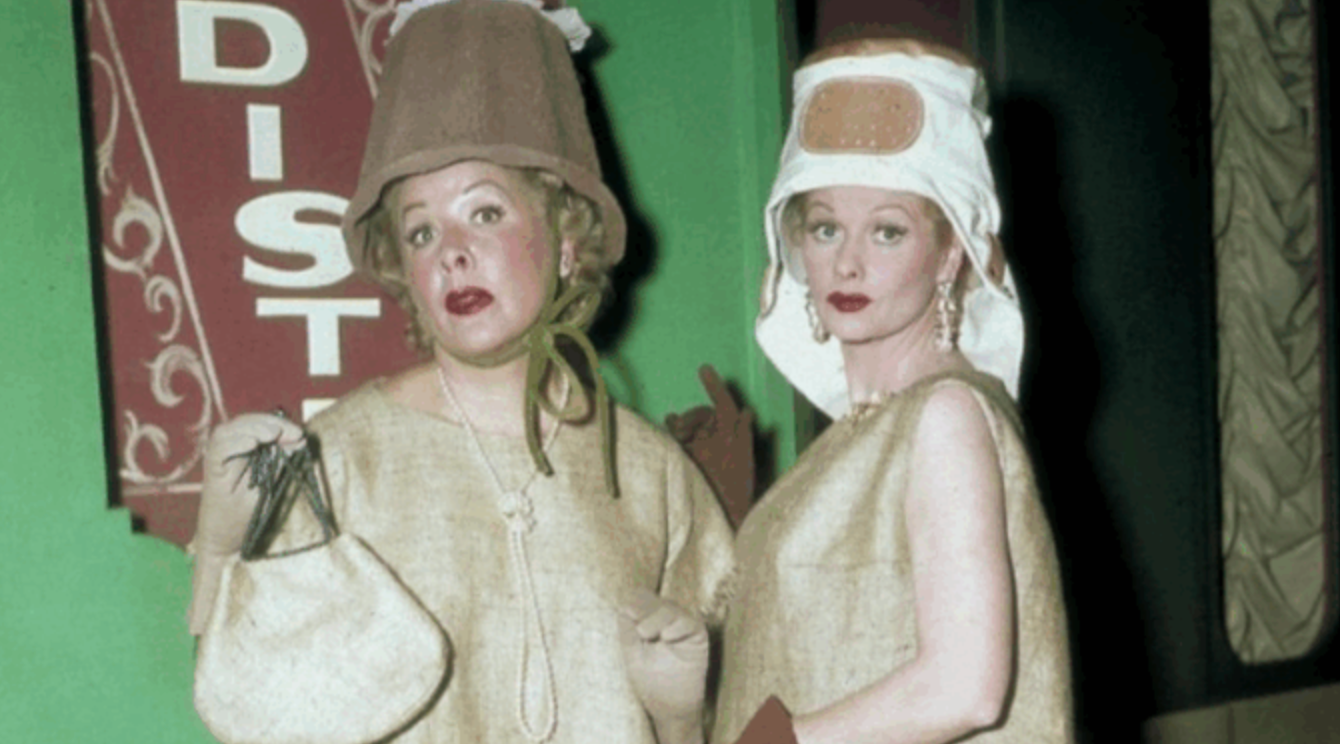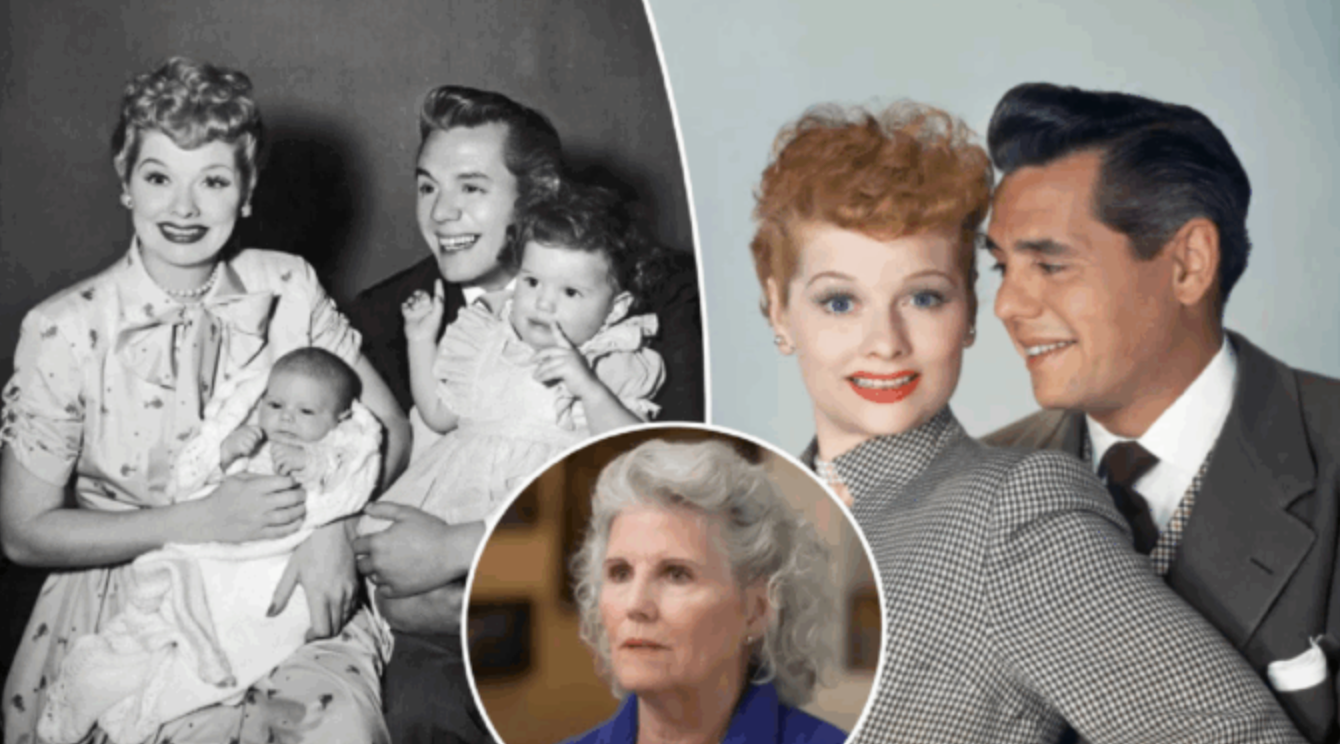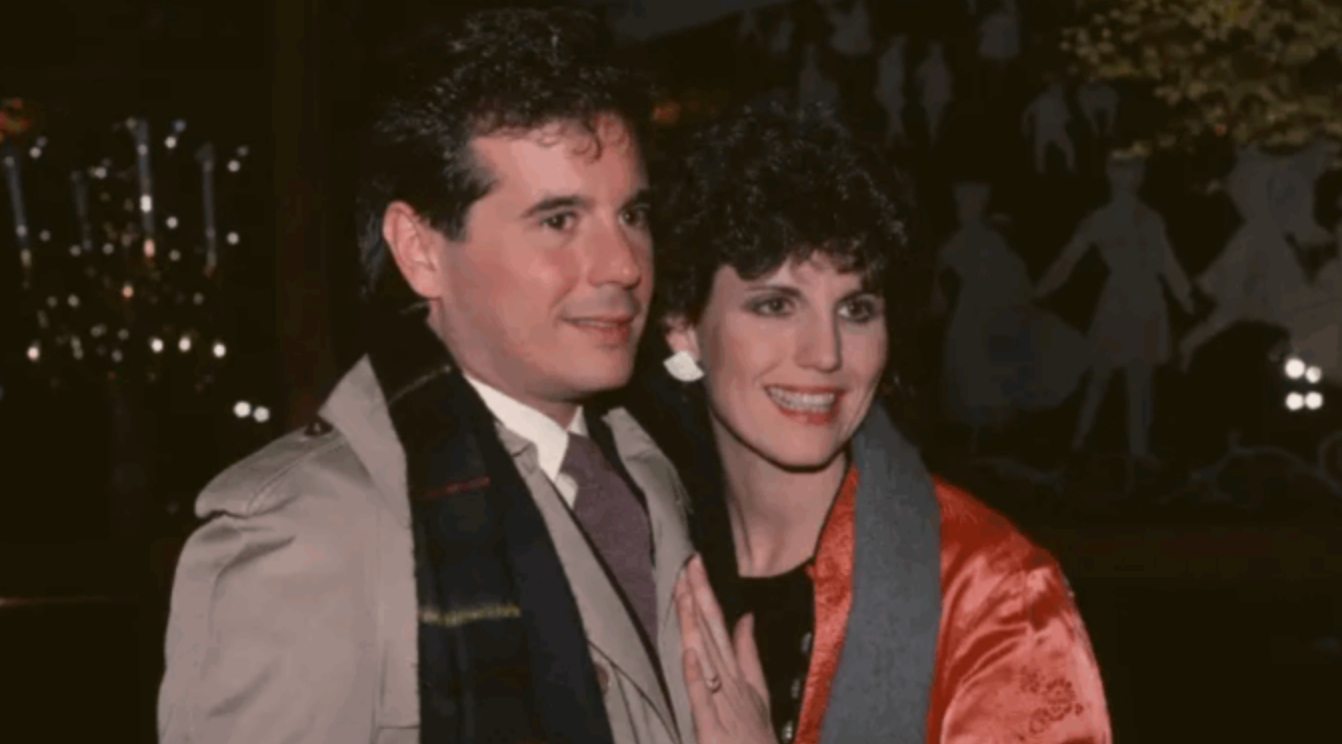Lucille Ball’s I Love Lucy Spin-Off Had A Strange & Personal ‘Killswitch’ Clause Attached

Lucille Ball’s Power in the Late 1960s: A Continued Reign on TV
How much influence did Lucille Ball wield in the late 1960s? While many of her peers struggled to stay relevant as America teetered on the brink of a cultural and political revolution (though only the former came to fruition), Ball, ever the classic entertainer, remained a dominant force on television. Her groundbreaking sitcom, I Love Lucy, which she created alongside her husband Desi Arnaz, continued to be a juggernaut in syndication long after its original run. Just five years after I Love Lucy ended, Ball bounced back from the Broadway flop Wildcat (1960) and landed another successful sitcom with The Lucy Show. By the end of its sixth season, The Lucy Show had become the second-highest-rated program on TV. However, in 1967, after selling Desilu Productions to Gulf+Western, Ball made the surprising decision to end the series.
Lucille Ball’s Bold Move: From The Lucy Show to Here’s Lucy and the Risk of Casting Her Own Children
Why did Lucille Ball make such a bold move? Simply put, she didn’t want to star in a show that wasn’t fully under her control. So, when The Lucy Show aired its final episode on March 11, 1968, she immediately set to work on creating Here’s Lucy, which debuted just six months later. The new series quickly became a top-ten ratings hit.
But while Ball wasted no time, she also took a significant risk. Staying true to the family-centric theme of her beloved I Love Lucy, she decided to cast her own children as her on-screen kids. For Desi Arnaz Jr., this wasn’t much of a stretch. He had already found some success as a member of the pop band Dino, Desi & Billy since he was 12, and was well-versed in live performances. Lucie Arnaz, on the other hand, was untested. Although she had appeared in a few minor roles on The Lucy Show, she had never been a regular on a series. Would she be able to keep up with her mother, brother, and seasoned veterans like Gale Gordon and Mary Jane Croft?
No one was more concerned about her casting than Lucie, so she struck a most unusual deal with her mother.
Lucie was no nepo-baby

Lucie’s strong-willed mother was determined that she take the role, and rather than risk a losing battle, Lucie came up with a “pull-the-plug” clause. The deal stated that if her performance received negative reviews, Lucie would be let go from the show. To her surprise, Lucille Ball agreed to the condition.
In a recent interview with Page Six of the New York Post, Lucie admitted she was deeply concerned about being accused of nepotism. She shared with the gossip column:
“I struggled with whether I should actually take the role. Because people would say, ‘Oh, she just got that job because she’s her daughter,’ and, honestly, they’d be right.”
Lucie needn’t have been concerned. She proved herself to be a talented comedic actress, though her true calling in show business came later, when she found her niche in musical theater. She received glowing reviews for her performances in the Annie Get Your Gun revival at Jones Beach Theatre and for her role in the 1986 international tour of My One and Only, directed by Tommy Tune. Lucie also briefly found fame—albeit of a mixed variety—as Neil Diamond’s love interest in the pop star’s remake of The Jazz Singer. While the film was a critical flop, Lucie still earned a Golden Globe nomination for Best Supporting Actress.
In recent years, Lucie has taken a step back from acting, but her career is far from over. In 2021, she earned legitimate accolades as the executive producer of Being the Ricardos, which was nominated for an Academy Award. Not bad for someone who once gave her mother the option to fire her from a hit television series.



